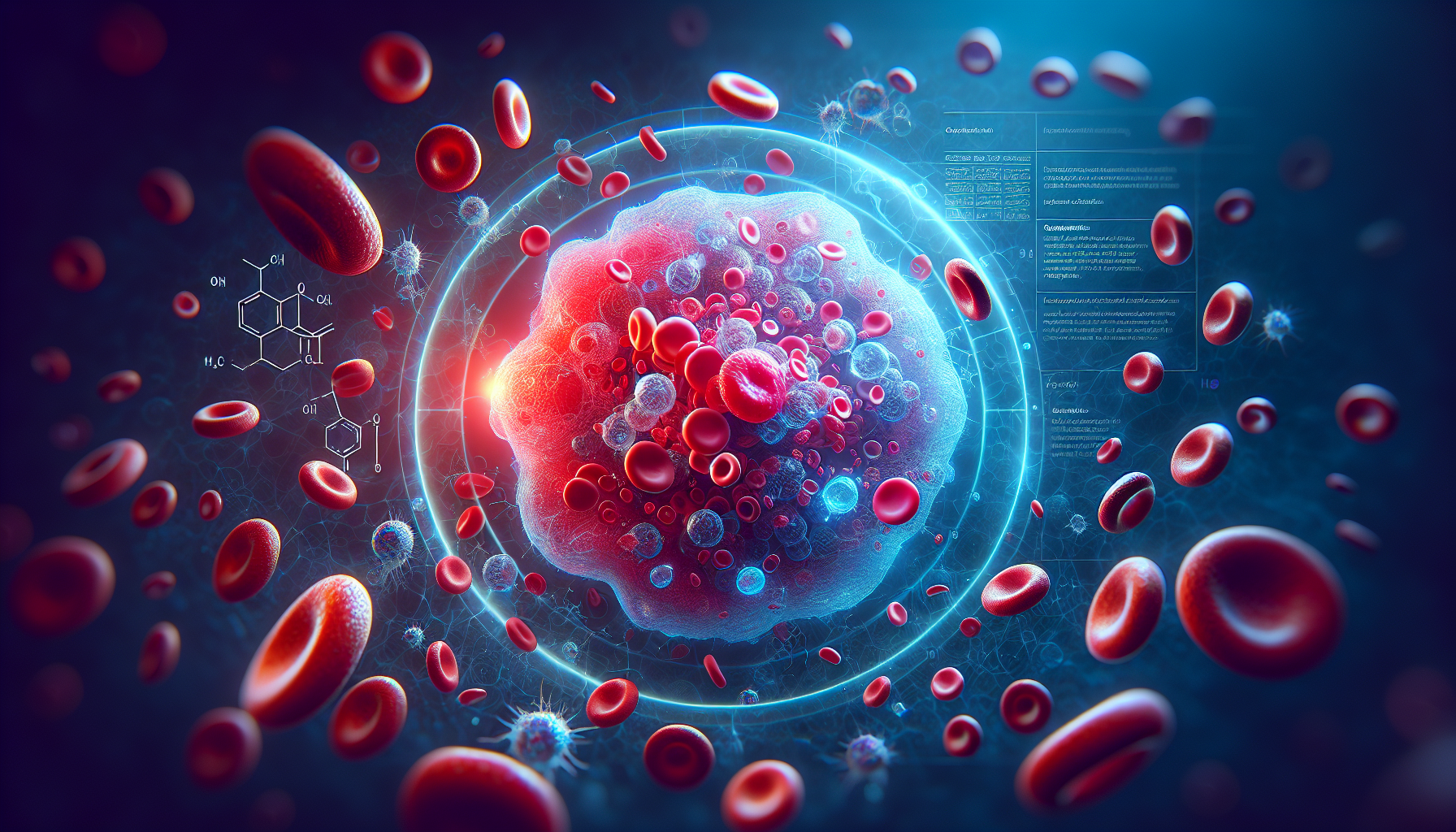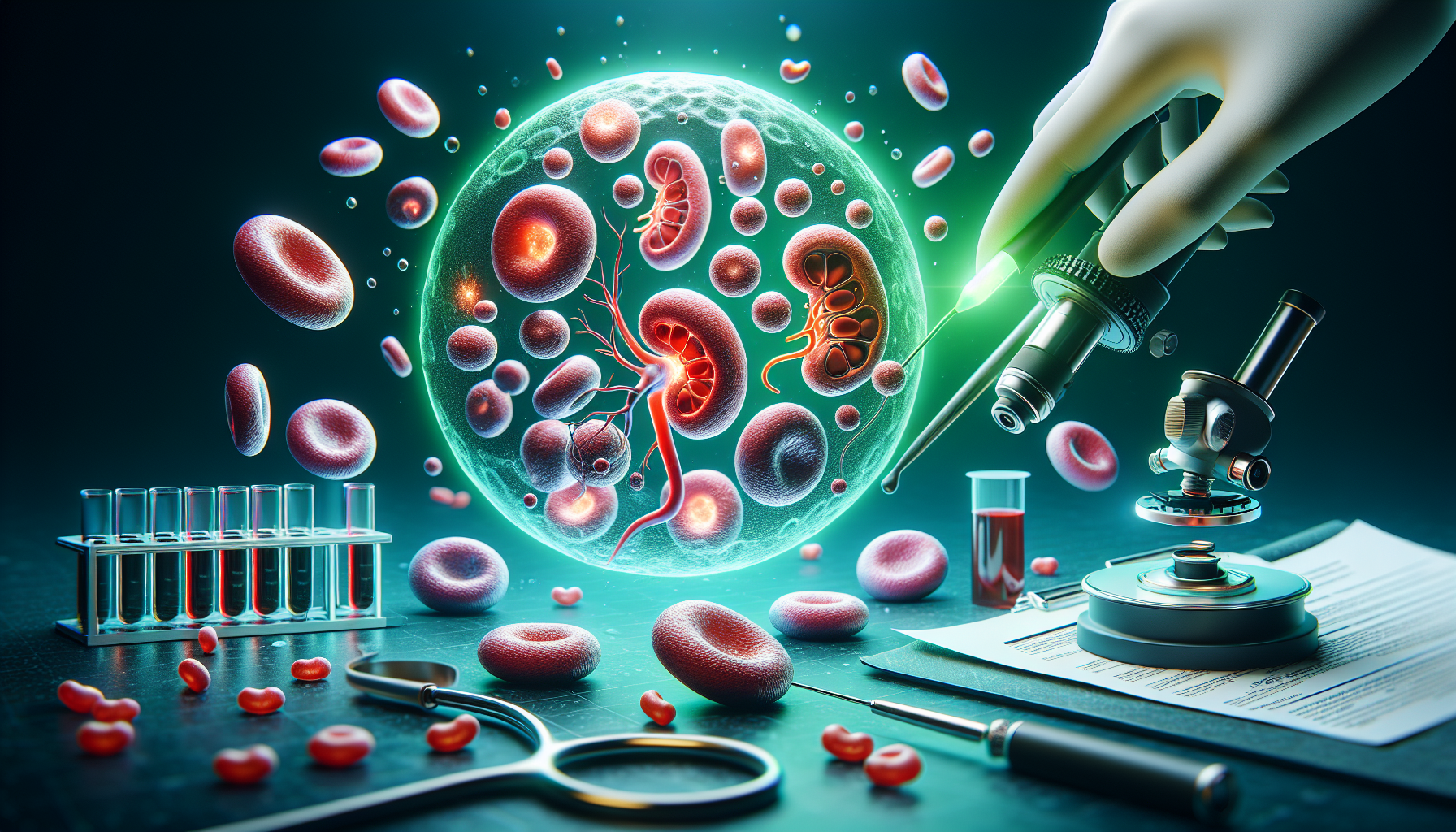Advancing Treatment for Myotonic Dystrophy: A Closer Look at AOC 1001's Breakthrough Designation
Key Takeaways
- AOC 1001, developed by Avidity Biosciences, targets the genetic root of myotonic dystrophy type 1 (DM1) using a monoclonal antibody linked to small interfering RNA, earning FDA breakthrough therapy designation due to its potential efficacy.
- The phase 3 HARBOR study and earlier MARINA trial indicate promising improvements in muscle function and quality of life for DM1 patients, focusing on metrics such as muscle strength and patient mobility.
- The safety profile of AOC 1001 has been favorable, with most adverse events being mild to moderate, generating optimism about its potential to address the underlying genetic cause of DM1.
Did You Know?
Introduction to AOC 1001 and Its Significance
AOC 1001, developed by Avidity Biosciences, represents a significant advancement in the treatment of myotonic dystrophy type 1 (DM1), a rare muscular disorder. This innovative therapy utilizes a combination of a monoclonal antibody and small interfering RNA to target the genetic root of the disease. The recent breakthrough therapy designation by the FDA underscores the potential of AOC 1001 to change the treatment landscape for patients with DM1.
Understanding Breakthrough Therapy Designation
The FDA's breakthrough therapy designation is reserved for drugs that show substantial improvement over existing therapies on one or more clinically significant endpoints. This designation for AOC 1001 highlights its potential efficacy and the urgent need for new treatments in the management of DM1, providing expedited development and review processes.
The Mechanism of AOC 1001
AOC 1001 works by specifically targeting the DMPK mRNA, the genetic component responsible for DM1. The therapy involves a monoclonal antibody linked to small interfering RNA, which helps in reducing the toxic RNA build-up in muscle cells, thereby potentially reversing or halting the progression of the disease.
Progress in Clinical Trials
The ongoing phase 3 HARBOR study is crucial in evaluating the efficacy and safety of AOC 1001. Following promising results from earlier phases, this global study aims to provide definitive evidence of the therapy's benefits, focusing on metrics such as muscle strength and patient mobility.
Insights from the MARINA Trial
Earlier phases, like the MARINA trial, have already demonstrated encouraging outcomes, showing improvements in muscle function and overall quality of life for patients. These results have propelled the initiation of the HARBOR study, which will further solidify the data on AOC 1001's effectiveness.
Impact on Patients
Patients with DM1 have long faced limited treatment options, primarily focusing on managing symptoms rather than addressing the underlying genetic cause. AOC 1001's development brings hope for a therapy that not only improves symptoms but also targets the disease at its genetic core.
Safety Profile and Patient Response
Throughout its testing, AOC 1001 has maintained a favorable safety profile. Most adverse events reported were mild to moderate, a crucial factor in treatments for chronic conditions like DM1. Patient response has been positive, with significant improvements in daily living activities and muscle strength observed in trials.
Future Prospects and Final Thoughts
The breakthrough therapy designation for AOC 1001 not only accelerates its development but also highlights the critical need for innovative treatments in rare diseases like DM1. As research progresses, the medical community remains optimistic about the potential of AOC 1001 to offer a significant improvement in the lives of those affected by myotonic dystrophy.






